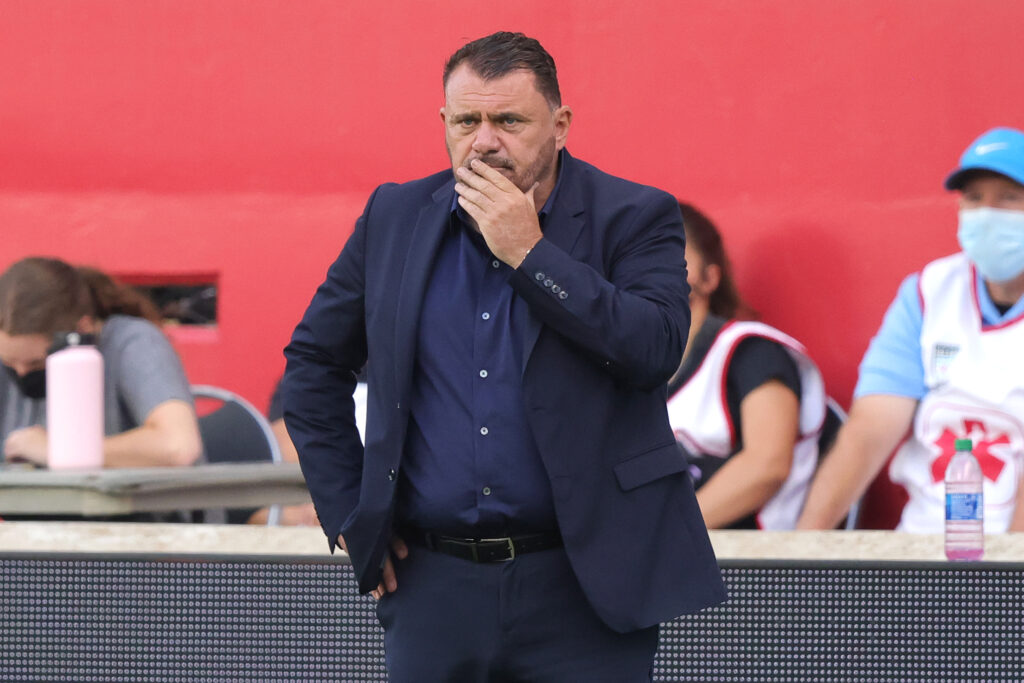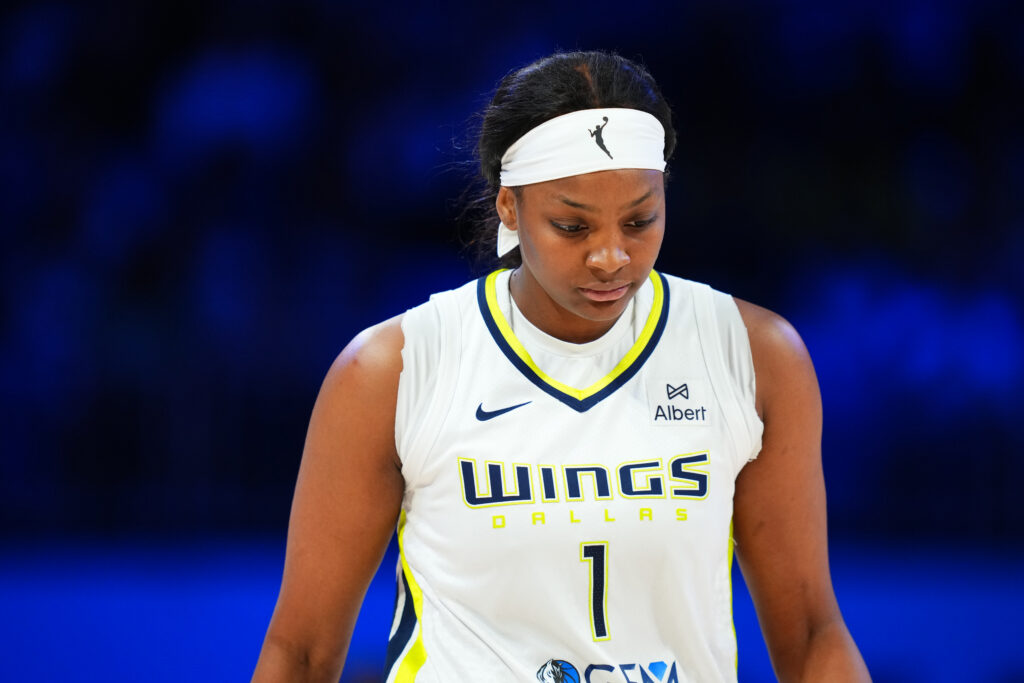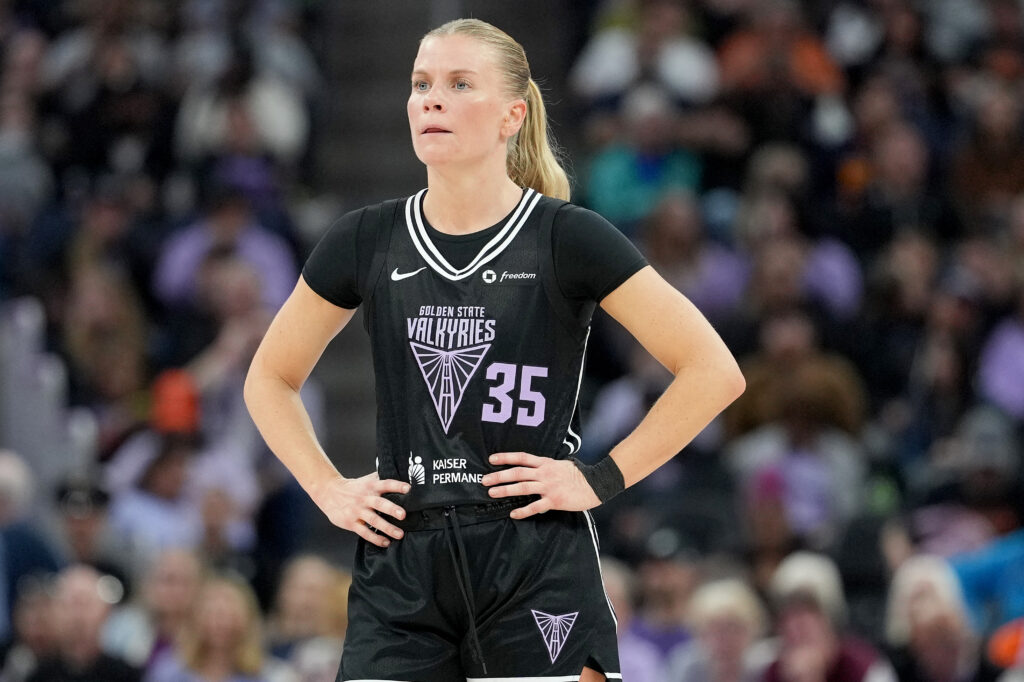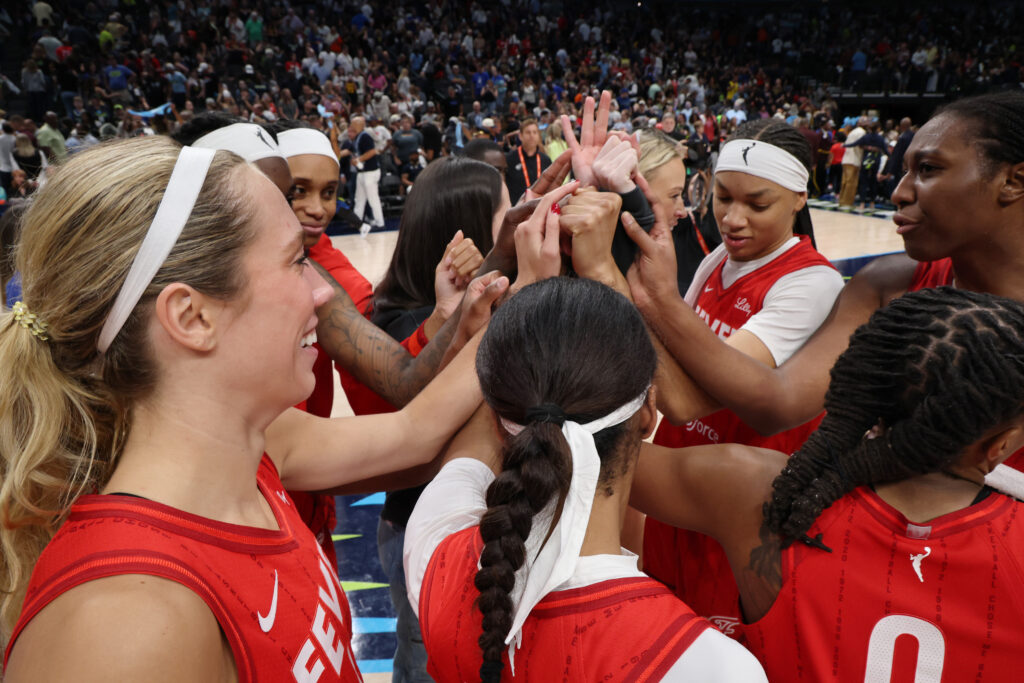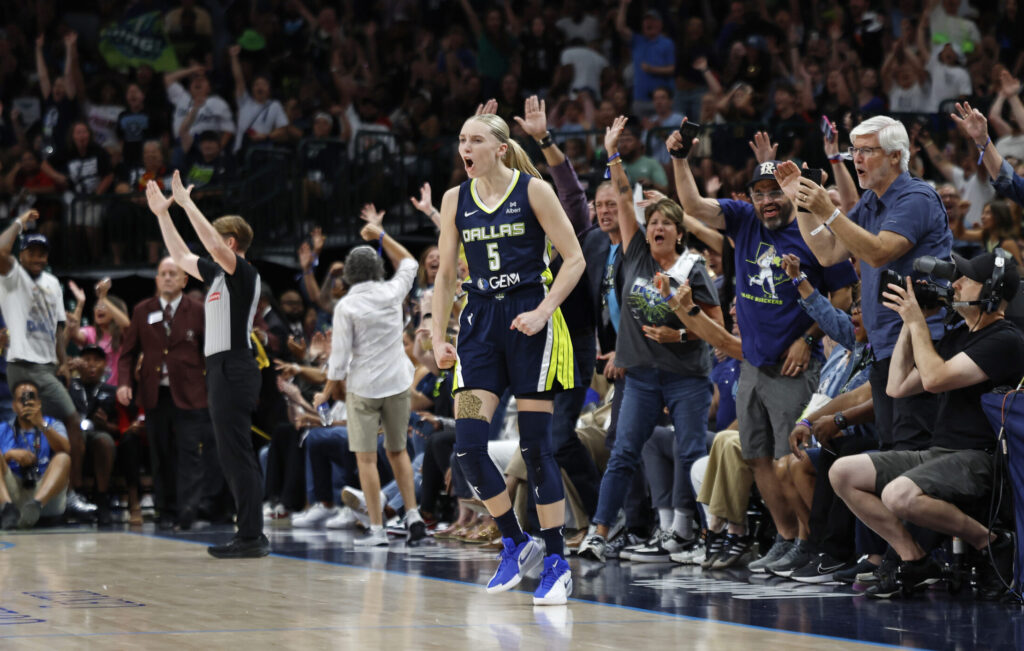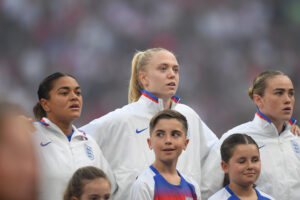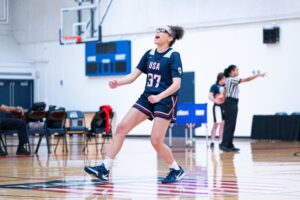Richie Burke gave his first public interview in a documentary that aired this week since being fired as head coach of the Washington Spirit last September due to alleged abusive behavior. Burke told ESPN’s Lisa Salters during the E:60 report, “Truth Be Told: The Fight for Women’s Professional Soccer,” that his firing was due to “cancel culture.”
During the segment on the Spirit, Burke repeatedly denied any wrongdoing despite reports from several players of verbal abuse, emotional abuse and racism.
“This word ‘abuse,’ I think it’s ridiculous that people gravitate toward this,” Burke said in the documentary. “If the punishment for shouting at people is that your career is over and done with, then I think that’s the example of what cancel culture is exactly like.”
His actions, however, went past “shouting,” as first detailed in a Washington Post report by Molly Hensley-Clancy and then expanded upon in Sally Yates’ report for U.S. Soccer, released on Monday. According to that report, in 2020 player surveys Spirit players described Burke as someone who played “major psychological games with [non]-starters, using demeaning language and also threatens to waive us” and who “would ‘lost his s—t’ one day, and then apologize the next.”
Kaiya McCullough, who left the Spirit in September 2020, detailed her experiences with Burke to Hensley-Clancy and Salters in the E:60 documentary. McCullough said that she has played for numerous “hard” coaches, but that Burke crossed the line in multiple ways.
“What felt different about Richie was the way Richie yelled was often causing harm,” she said. “It just felt like he would berate people. Soccer became something that I feared.”
OL Reign forward Bethany Balcer tweeted her support for McCullough and the other Spirit players on Tuesday evening, condemning Richie’s comments about “cancel culture.”
“Yelling at someone and verbal abuse are two different things,” she wrote.
"yelling at someone" and verbal abuse are two different things
— Bethany Balcer (@bethanybalcer) October 5, 2022
Tori Huster, who played for Burke since 2019 and remains a member of the Spirit, said “plenty of conversations” were had with Burke to try to get him to understand the consequences of his verbally and emotionally abusive behavior.
Burke denied this in his E:60 interview.
“If they have referenced that, I can’t recall it and I can’t remember it,” he said.
McCullough remembers going home after practice and crying multiple times because of Burke’s conduct.
On one occasion, following the murder of George Floyd in May 2020, McCullough and her teammates decided to kneel and take a picture before a Challenge Cup game that season in protest of police brutality.
Burke, she says, took a practice dummy, placed it on the ground and kneeled on it, stating, “Why don’t we do this for the picture?”
Floyd was killed when Minneapolis police officer Derek Chauvin knelt on his neck during an arrest and cut off his ability to breathe.
Burke addressed the situation in the documentary, brushing it off as a joke: “I said to the photographer, ‘How would it look if I knelt down on this mannequin and flipped off the camera, as if to say “up yours” for kneeling on the neck of a man?’”
This wasn’t the only instance of racism McCullough, who is Black, says she witnessed or experienced. Burke, she says, used the N-word multiple times in front of her and committed microaggressions against her and teammates.
Burke denies this as well.
“One of our leaders, she came to me and said, ‘What do you know about microaggressions?’ And I said, ‘I don’t know what you’re talking about,’” Burke told Salters. “‘I imagine they’re small acts of aggression. I don’t know.’ She says, ‘I think you should look it up … Kaiya thinks that you unconsciously have microaggressions toward Black people.’ I’m like, ‘What?’”
After the documentary aired, McCullough took to Twitter to express her desire to move on from Burke’s abuse.
“That is the last time you’ll see an interview from me about that chapter in my life. Please don’t ask me to talk about it anymore,” she wrote. “I feel like I’ve said my piece, I’ve found my peace, and given all of myself that I can. I’m ready to move forward. thank you.”
That is the last time you’ll see an interview from me about that chapter in my life. Please don’t ask me to talk about it anymore.
— Kai (@hiyakaiya) October 5, 2022
I feel like I’ve said my piece, I’ve found my peace, and given all of myself that I can. I’m ready to move forward. thank you 💛
